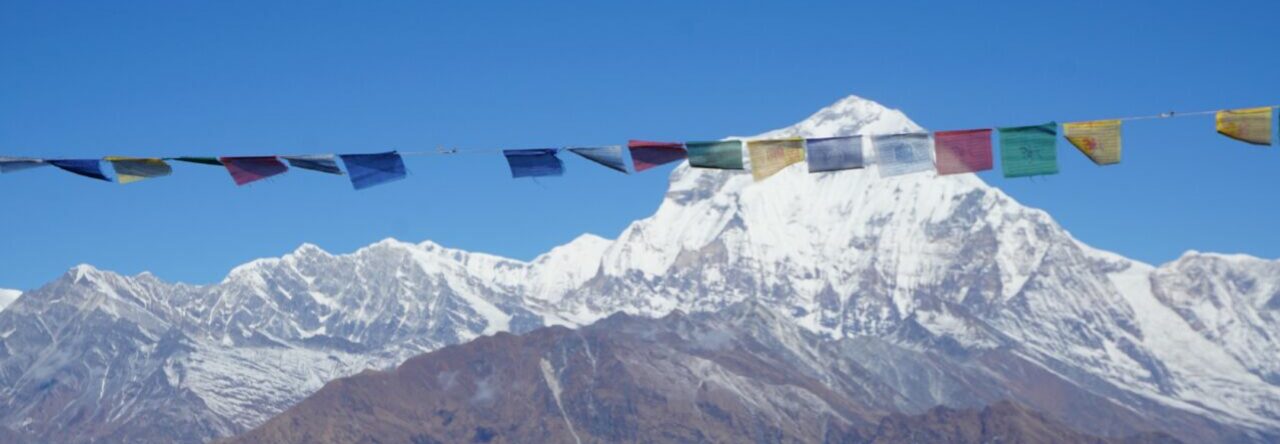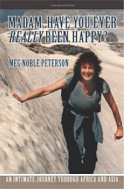And history buffs, too. I’ve just reconnected over the weekend with the incomparable Jockey Hollow, in the Morristown, NJ area not far from where I live. This national historical park stretches over more than 1,400 acres of heavily forested woodland where the Continental Army’s New Jersey Brigade had its winter encampment (neither the British nor the Americans fought during the winter) for two fateful winters during the American Revolution. Ten thousand soldiers sought shelter in these woods and their officers took turns living in the Wick Farm (General St. Clair’s headquarters) and Col. Jacob Ford, Jr’s fine home at the edge of Morristown (General Washington’s headquarters). You can imagine the toll this took on these men–freezing temperatures (over twenty snowstorms the first winter), smallpox (“the greatest of all calamities”), and serious shortages of food and clothing, which gave way to rumblings of mutiny. They called the brutal winter of 1779-1780 “a starving time.” It was on this spot that the Continental Army had its severest trials, but was held together by Washington’s superb leadership.
A dozen replicas of the simple wooden army huts with their bunk beds and fireplaces are still nestled in the hills, visited regularly by school groups and families. The National Park Service personnel dress in 18th century clothes and are in the Wick House (dressed as gentleman farmers), or in the huts, during the summer (dressed as Continental soldiers). They play the part of these early Americans, much to the delight of the onlookers. When we visited the Wick farm we were given a demonstration of how to start a fire with a flint stone and charred linen. Hit it on the first try. Amazing! After that we roamed through a large herb and vegetable garden. This is a place not to be missed by tourists looking for authentic historical sites.
M.P. standing in the herb garden in Jockey Hollow.
Now there are twenty-seven hiking trails in these same woods. Imagine how beautiful it is at this time of years with the leaves starting to turn. In previous years I’ve snowshoed and cross country skied on these gentle hills and across the massive old parade grounds that once were home to the revolutionary troops.
My good friend, Robert Rubright, prolific writer of hiking books, especially in and around St. Louis, and a soon-to-be-published book about breakfast and lunch hangouts, accompanied by his suitable, witty comments, is the new chairman of the board of the American Hiking Society. He paid me a visit last week, so, of course, I had to take him on a hike around Jockey Hollow. He was enthralled. Unfortunately, his wife and my good friend, Lynn Rubright, storyteller extraordinaire, was unable to come. But I did find out that she has just received the National Storytelling Network’s 2007 Oracle Award for Lifetime Achievement. Congratulations, Lynn! Take a look at her website. www.lynnrubright.com
I’ve just talked with my old friend, Karen dePlanque, from LaJolla, California. I’ve been concerned about her, since she lives close to the raging fires that are sweeping through the hills of southern California near L.A. and San Diego. We’ve all seen the pictures on TV, but it really hits home when a friend describes the mayhem and loss in its wake. She said that it reminded her of the acrid, smoldering ruins we both observed shortly after 911, when we walked the empty streets of lower Manhattan and viewed the ruins of the World Trade Center through binoculars. She said that the sun is a fiery bright ball trying to radiate through a blanket of smoke, and people—those who do venture out—are wearing goggles and masks. And this is miles from the center of the disaster. People are fleeing to La Jolla and staying with friends or those who open their homes to help. The freeways and schools are closed and all you can do is pray for the wind to change course.
Some time later I talked with my son, Robert’s, wife, Gwen Abel. They live in Playa del Rey and have recently returned from a vacation in Germany. They told me that the wind has changed course slightly and the fires seem to be dying down. But it’s still a major disaster. Robert, an avid cyclist, says that he doesn’t dare go on his usual long rides up the coast. All around are burning trees and brush, and he expects it to resemble a moonscape when it’s over. Son Tom has just moved to Palm Springs and a new job, so he’s away from L.A., the smoke, and its deadly aftermath. My heart goes out to all those who are suffering such loss and a blessing to all those who are opening their homes and hearts to help those in need. It’s true—in an emergency like this everyone pulls together.
Daughter Cary is back in Chengdu, China, and writes about the censoring of her emails and her inability to get blogs—hers or anybody else’s—on Google. Shame on Google for knuckling under.




